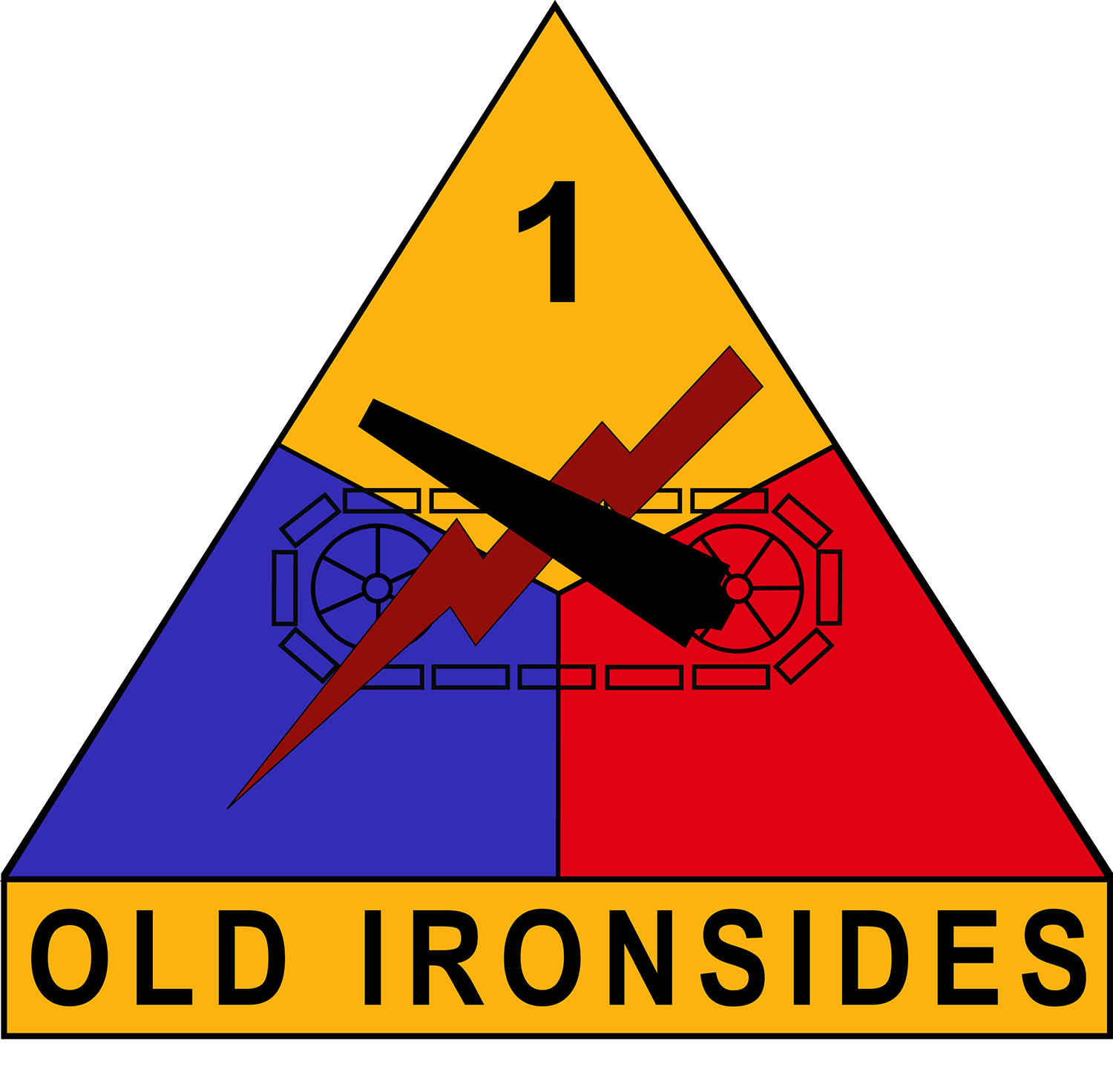
New Rules for the Removal of Titling PII
By Joshua “Jay” Sexton, Fort Bliss Legal Assistance Office
In 2020, the 116th Congress of the United States passed the 2021 National Defense Authorization Act (NDAA). Of particular interest is the updated language in Section 545: Removal of Personally Identifying and other Information of Certain Persons From Investigative Reports, the Department of Defense Central Index of Investigations, and Other Records and Databases. When a Soldier is suspected of committing a crime, Military Police will begin an investigation into the events. Usually, the Soldier’s name will be placed in the title block of the investigation report. This is known as “titling.” Unfortunately, what may appear to be a mundane, routine procedure can be devastating to the career and advancement of a Soldier in the Army.
Once a Soldier has been titled, this information will stay in their record forever, unless they can successfully request that it be removed. The consequence of a titling is that when the Soldier tries to advance in their career, by going up for promotion or applying for a security clearance, the titling issue will appear on their record, regardless of whether criminal charges were even filed. A Soldier going up for promotion with a titling mark on their record has a significantly decreased chance of receiving the promotion, and after two unsuccessful attempts at promoting, the Soldier could be separated from the Army. Titling even has the potential to follow the Soldier after their military career ends. Should they apply for a position with the federal government, the titling will still show up in their record.
The NDAA provides a way for Soldiers to challenge a titling. By sending in the appropriate documents and evidence, a Soldier can request a correction, expungement, or removal of personally identifying information from a law enforcement or criminal investigative report, an index item or entry, or any other record maintained in connection with a report or index as described above. The 2021 NDAA specifically now allows certain information that was not previously considered to be taken into account during such a request.
When a Soldier wants to challenge a titling, they will send a request, along with supporting documents, to the Army Crime Records Center (CRC). The CRC maintains the crime records for the entire Army and is the unit responsible for approving such a request. The CRC will grant a correction, expungement, or removal under three different circumstances. First, if there is insufficient evidence to prove that the crime ever occurred. Second, if they know the crime occurred, but there is insufficient evidence to prove that the Soldier in question was the actor responsible for the crime. Third, any other circumstance or basis as the Secretary of Defense may specify.
The CRC bases their decision on several considerations. The 2021 NDAA states that the CRC shall consider (1) the extent or lack of corroborating evidence against the covered person concerned with respect to the offense at issue, (2) whether adverse administrative, disciplinary, judicial, or other such action was initiated against the covered person for the offense at issue, and (3) the type, nature, and outcome of any action taken against the covered person. The major change in language comes by way of the second consideration listed above: whether adverse action was taken against the Soldier in question.
Before the 2021 NDAA, the guidelines stated that “expungement of a subject’s name from a record because a commander took no action, or the prosecutor elected not to prosecute will not be approved.” In simple terms, if a Soldier was titled on an investigative report, but charges were never filed, that Soldier would still have no basis to have his record cleared, even though the Soldier was never charged with any crime. The titling would then follow that Soldier, potentially hurting or ending their career, even if the matter was dropped entirely.
The new language of the 2021 NDAA changes this. The CRC can now consider whether any action was brought against the Soldier, as well as the outcome of that action. This is extremely helpful to any Soldier who is titled but later has the charges dropped for whatever reason. In an event such as that, the CRC will be able to consider the fact that no action was taken against the Soldier, no charges were filed, and the Soldier never received any form of punishment. This will hopefully be persuasive to the CRC when they are reviewing requests for titling removals. If prosecutors and commanders decide that neither charges nor punishments are necessary, then the Soldier should not have to carry around the weight of a titling, which is potentially career-ending—especially if they received no adverse action from their superiors.
The old language essentially sent the message that the lack of charges or punishment was not enough to clear a Soldier entirely, and the shadow of suspicion would follow that Soldier forever. The new language grants a Soldier who has been cleared of any wrongdoing the opportunity to be fully separated from the event, allowing them to move forward with their lives and careers without an unnecessary negative mark holding them back.
If you have questions about this topic, please schedule an appointment to speak with an attorney at Fort Bliss Legal Assistance Office by either calling (915) 568-7141 during office hours or emailing usarmy.bliss.hqda-otjag.mesg.bliss-legal-assistance-office@mail.mil anytime.




